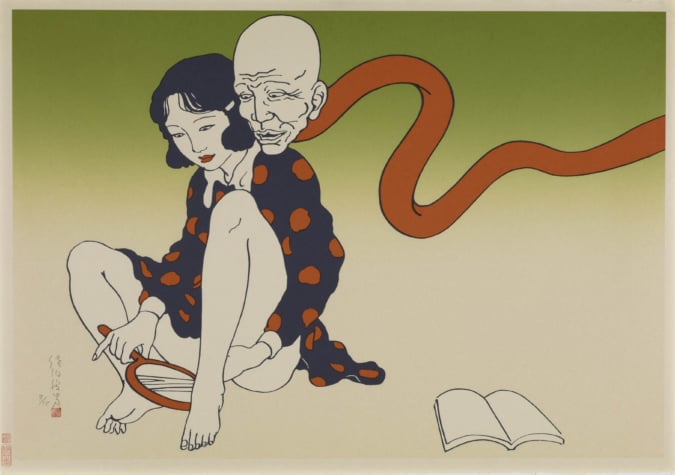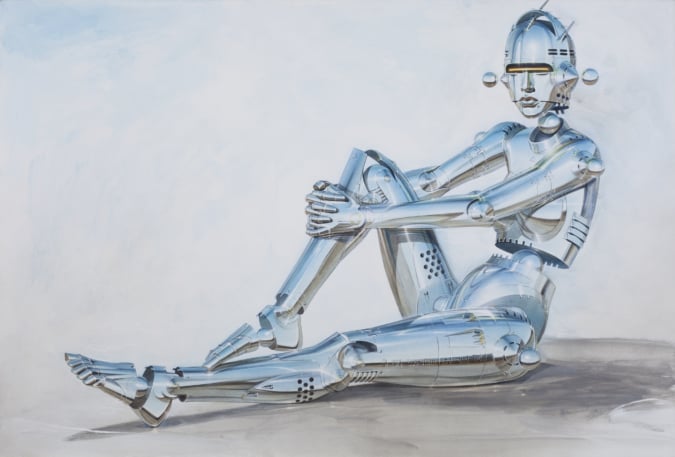Roland Barthes and Japan
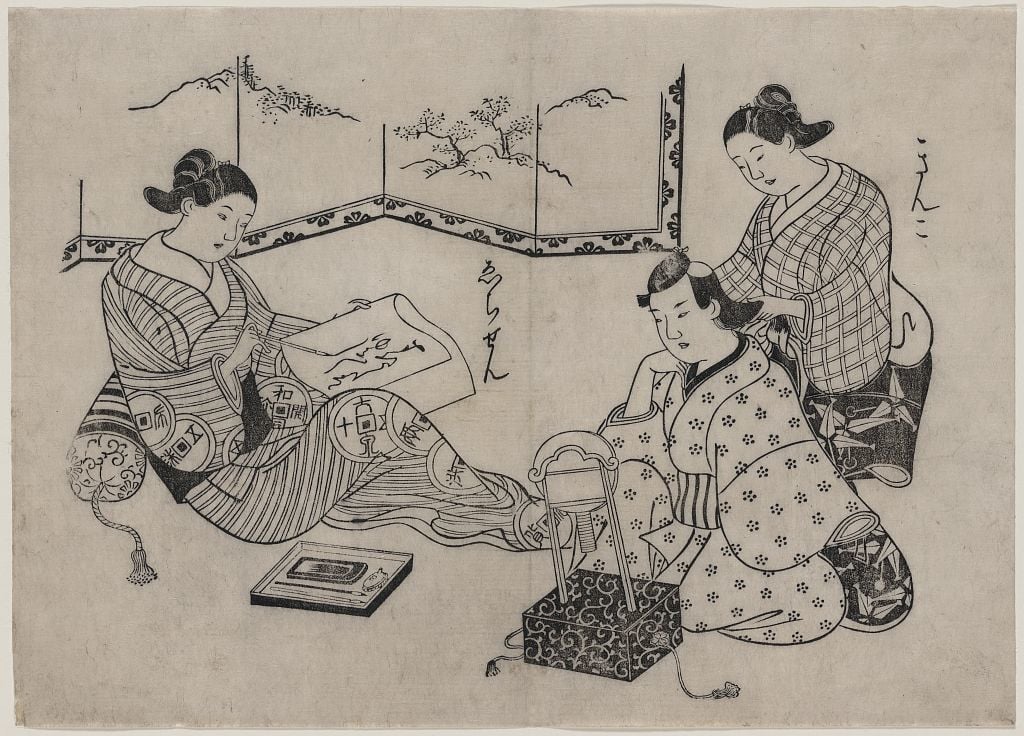
‘Japan is one of those rare countries that I still want to discover’, confided Roland Barthes, the eminent post-war philosopher and semiologist. The year was 1966 and Roland Barthes was preparing to travel to Japan for the first time at the age of 50, to lead a seminar on ‘Structural analysis of narratives’ on the invitation of his friend Maurice Pinguet, director of the Franco-Japanese Institute.
This late discovery of Japan quickly turned into love at first sight. Between 1966 and 1968, Roland Barthes would visit the country three times, each time on the invitation of Maurice Pinguet. The left-wing intellectual discovered a Japan which had begun its economic miracle, but above all he found new areas of study. On his return, he published Empire of Signs, a comprehensive work comprising multiple chapters, each one dedicated to a detail which caught the author’s attention and appealed to his senses. This was done, however, with a clarification from Roland Barthes himself: ‘the author has never, in any sense, photographed Japan. Rather, he has done the opposite: Japan has starred him with any number of flashes; or, better still, Japan has afforded him a situation of writing’.
A collection of fragments of Japan
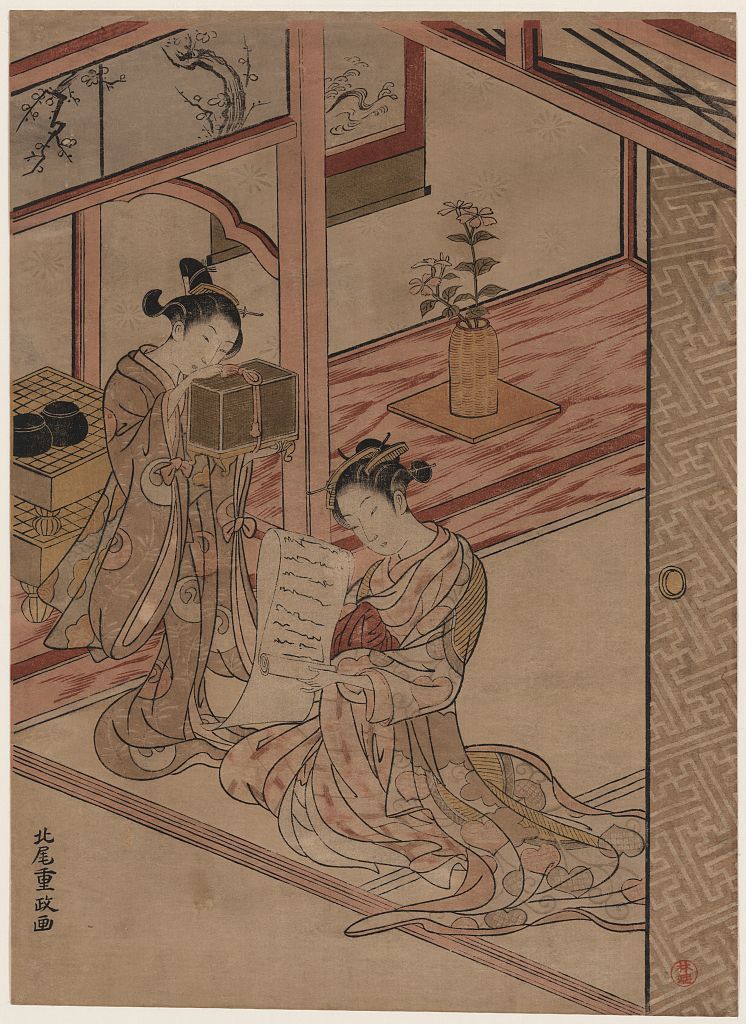
Empire of Signs is a collection of multiple flashes, fragments, recorded and now stored in a book. The reader travels with Roland Barthes through this Japan of the late-1960s, noticing details we can still spot today, and others which belong to the past. Food, chopsticks, the city, faces, writing… Roland Barthes gathers different features and brings the signified and signifier into opposition over the course of his wanderings. ‘Alert to every occurrence, every source of surprise, he perceived the subtleties beneath the conventions, the absurd in the banal, the implicit in the silences, the deviation beneath the norms’, declared Maurice Pinguet in a column in Le Monde a few months after the philosopher’s death.
In this ode to Japanese culture, Roland Barthes examines things like Pachinko, mechanical slot machines which kept the Japanese amused for hours, and often cost them a lot of money. ‘Pachinko is a collective and solitary game. The machines are set up in long rows; each player standing in front of his panel plays for himself, without looking at his neighbour, whom he nonetheless brushes with his elbow’. It’s a snapshot which recalls Tokyo Ga, the Wim Wenders documentary released in 1985 and in which the filmmaker follows in the footsteps of Yasujiro Ozu and, to do so, also gathers fragments of Tokyo, from Pachinko halls to sampuru workshops.
Roland Barthes also digs deeper into Japanese cuisine. After having analysed steak and chips in his 1957 work Mythologies, the author experiments with Japanese gastronomy. He sees Japanese food as an alternative to French gastronomy with its ritualistic meals. ‘On the tray, food is never anything but a collection of fragments, none of which appears privileged by an order of ingestion; to eat is not to respect a menu, but to select, with a light touch of a chopstick, sometimes one colour, sometimes another, depending on a kind of inspiration’.
How should Japan be viewed?
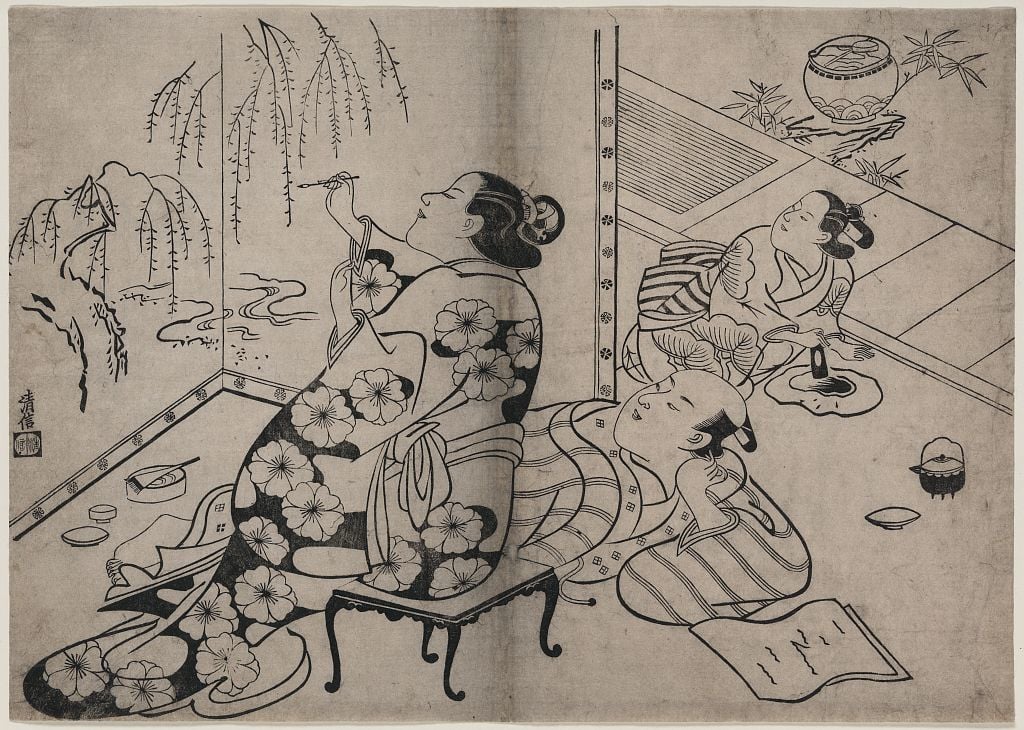
But this collection of ‘multiple flashes’ also highlights the author’s anti-Western position, as he fights to make foreigners’ westernised view of things wander once they enter eastern territory. ‘Someday, we must write the history of our own obscurity, manifest the density of our narcissism, tally down through the centuries the several appeals to difference we may have occasionally heard, the ideological recuperations which have infallibly followed and which consist in always acclimatising our incognisance of Asia by means of certain known languages’.
This standpoint perhaps reveals a dash of Orientalism, and some see Empire of Signs as a collection of images, which could explain the half-hearted reception the work has received in Japan. ‘I am not lovingly facing towards an Oriental essence, to me the Orient is a matter of indifference, merely providing a reserve of features whose manipulation, whose invented interplay, allows me to “entertain” the idea of an unheard-of symbolic system, one altogether detached from our own’, the author insisted.
Empire of Signs is therefore not exclusively a book about Japan, and even less so a travel guide, but rather, as Maurice Pinguet emphasised, a ‘book of images and desire, but also a book of thoughts, a book of one thought in the whole range of all of Barthes’ research: what does speaking mean? What does meaning mean?’.
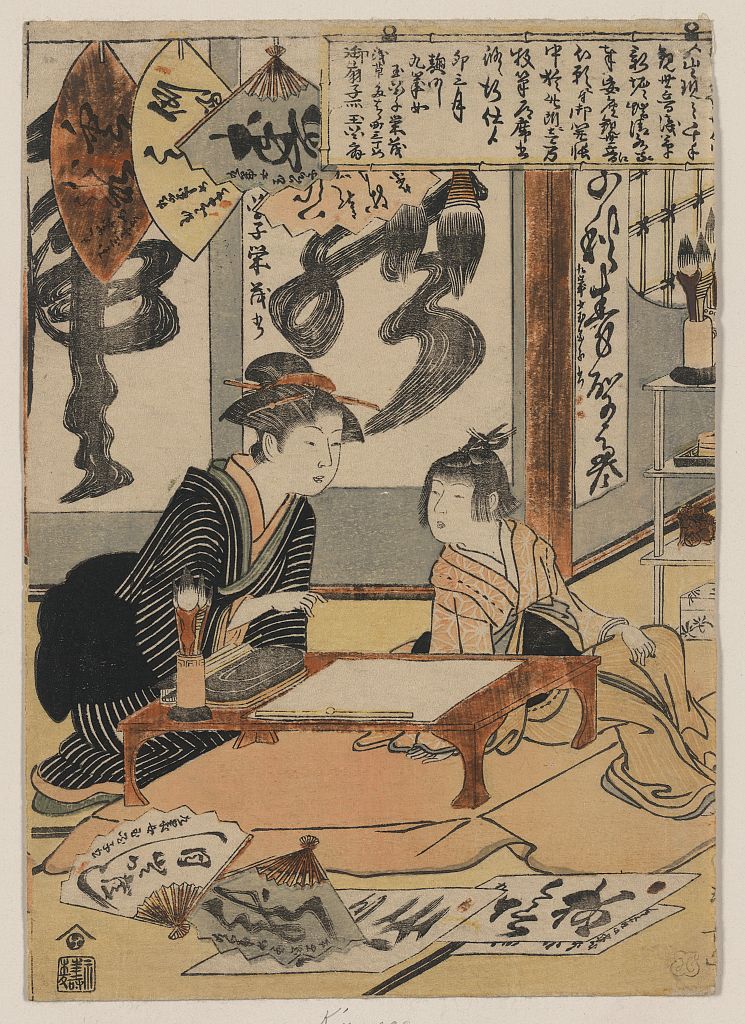
TRENDING
-
A House from the Taisho Era Reveals Its Secrets
While visiting an abandoned building, Hamish Campbell discovered photographs the owner had taken of the place in the 1920s.

-
The Taboo-Breaking Erotica of Toshio Saeki
The master of the 1970s Japanese avant-garde reimagined his most iconic artworks for a limited box set with silkscreen artist Fumie Taniyama.

-
With Meisa Fujishiro, Tokyo's Nudes Stand Tall
In the series 'Sketches of Tokyo', the photographer revisits the genre by bringing it face to face with the capital's architecture.

-
Masahisa Fukase's Family Portraits
In his series ‘Family’, the photographer compiles surprising photos in which he questions death, the inescapable.

-
Hajime Sorayama's Futuristic Eroticism
The illustrator is the pioneer for a form of hyperrealism that combines sensuality and technology and depicts sexualised robots.


